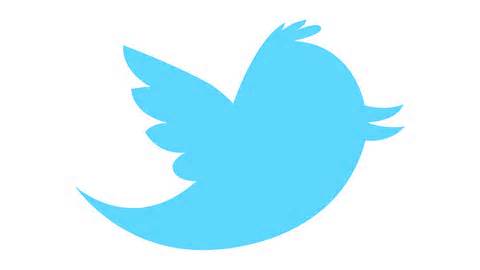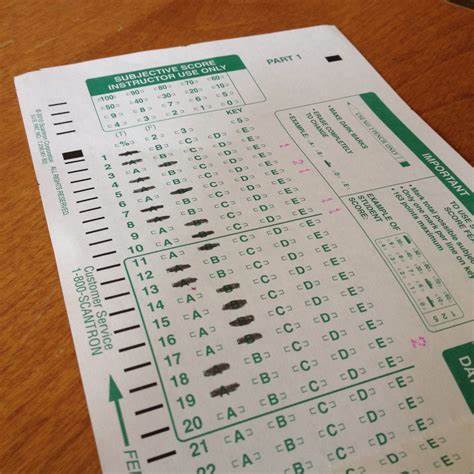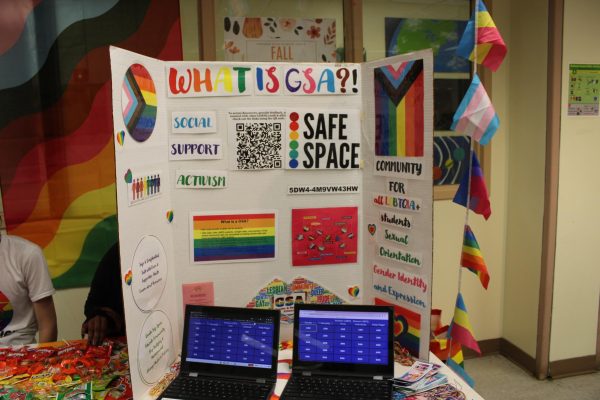Colleges Check Twitter Too

Log on to a college student’s Facebook or Twitter on a Monday morning and within seconds, you’ll probably be inundated with blurry photographs of one group or another celebrating the weekend by mode of red Solo cups and cigarette butts. Of course, you would never be associated with such negative publicity—you’re smarter than that…right?
Ladies and gentlemen, welcome to the age of technology, where a caption is as incriminating as a rap sheet. The truth is, colleges are watching, even if your parents aren’t, which means all your guilty gossip can be considered as equally important as your GPA.
According to a survey conducted by Kaplan Test Prep and reviewed by The New York Times, thirty-one percent of admissions officers visit high school applicants’ social media pages prior to their final decision to accept students. There are absolutely no legal stipulations for the colleges peering through your pics. In fact, colleges are not even required to tell applicants that they have been declined as a result of online discoveries made by college officials.
What does this mean for high school students like us? Ask the student who, after tweeting “awful remarks” about her visit to Bowdoin College, was denied admission, or the young man whose acceptance was revoked from Colgate University after an underage photo of him drinking surfaced on his social media account.
Now, before you deactivate every account you own, don’t despair! The good news is that most colleges who incorporate online research on students as part of the admission process only conduct research if there are other concerns, such as legal issues or calls from guidance counselors.
Since the New York Times first published statistics on the number of colleges who use a students’ social networking profile in their admissions process, both students and parents agree that thirty-one percent of schools checking social media is hardly surprising. In fact, some protect the actions of these schools as both logical and ethical—what you post online is often perceived as a true representation of you as a person.
Colleges aren’t alone when it comes to using social media to check up on someone’s character. Employers will dig up dirt on prospective employees through Facebook or Twitter, so a little tidying up of your pages may not be a bad thing. Un-tag yourself from incriminating photos and present yourself in a positive, professional manner. Change your email address from “ponyprincess247” to something more mature. Hold back the snide comments about that annoying kid in your math class instead of tweeting about it.
With a clean social media profile, you can ensure that college admissions and employers will withhold their disdain (at least about your tweets).
For more information or to read the articles that inspired this one, click here:
Natasha Singer, The New York Times: “They loved your GPA. Then They Saw Your Tweets.”
Will Oremus, Slate: “ Of Course Colleges Are Reading Kids’ Tweets and Facebook Posts”









